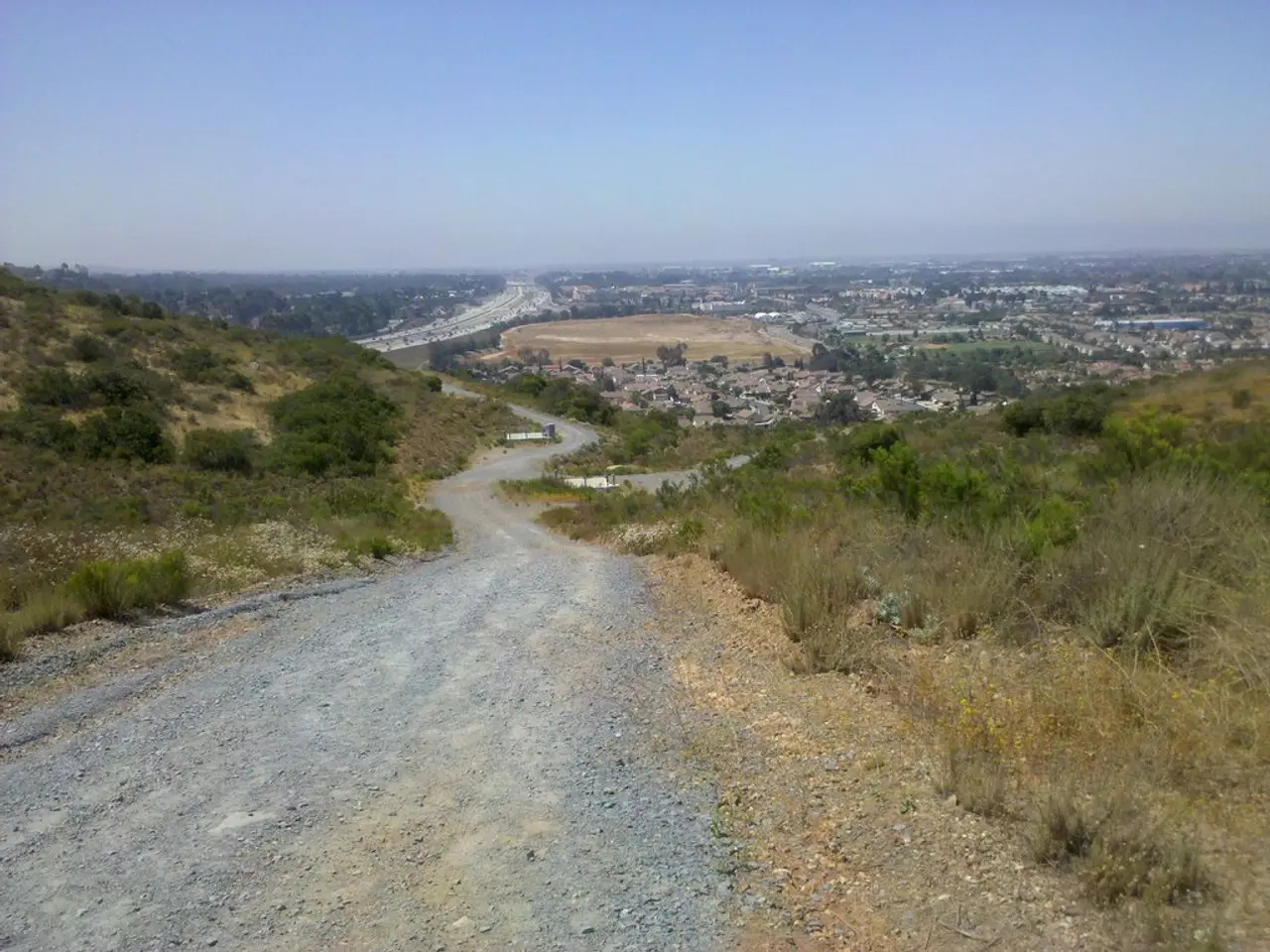Urban Education Sustainability: Harnessing Community Areas for Ecological Instruction
Transforming Urban Spaces into Learning Hubs for Sustainable Communities
Urban spaces are no longer just places for commuting and commerce, but are increasingly being recognised as effective locations for education and environmental awareness. Properly designed and activated urban spaces can serve as educational spaces, including parks, urban farms, rooftop gardens, revitalised courtyards, and crowded intersections.
This shift towards sustainable urban education is gaining importance as an effective tool for fostering social responsibility and supporting green transformations in local environments. One of the key strategies is the creation of "Education Cities", which places education at the core of urban development strategies. This concept promotes cooperation among social and educational agents, integrating education with urban infrastructure and governance, thereby creating inclusive and accessible education ecosystems beyond traditional classrooms.
Another strategy is urban greening projects, such as school gardens in public or community spaces. These initiatives raise environmental awareness among youth, promote hands-on learning about sustainability, and encourage participatory involvement in creating healthier urban environments. Urban learning environments provide a unique opportunity for residents to learn about the environment in a practical and immediate context.
A problem-based learning approach aligned with Sustainable Development Goals (SDGs) is another sustainable urban education strategy. This approach nurtures inclusive education by engaging diverse learners in co-creating knowledge relevant to sustainable urban development. It enhances students’ critical thinking, collaboration, and active participation in addressing local and global urban issues.
Together, these strategies impact urban environments by promoting inclusivity, encouraging participatory engagement, and supporting healthy urban living. They turn public spaces into dynamic learning environments that advance sustainable, equitable, and vibrant urban communities.
Simple actions like planting trees or collecting rainwater can deliver measurable benefits to the community within urban learning environments. Residents can develop environmental awareness in various public spaces like parks, green squares, playgrounds, bike paths, rooftops, and murals on building walls. The realness and collective action are the core strengths of urban learning.
Modern cities serve as platforms for civic and environmental education. Cities that invest in environmental education in public spaces create more inclusive, participatory, and healthy urban environments. Integrating ecology into the cityscape turns sustainable development into a visible, tangible, and real part of everyday life.
Residents can experience the impact of their choices on the environment, such as plastic use, water consumption, and energy efficiency, within urban learning spaces. Environmental education in public spaces is not limited to schools or libraries but extends to various urban spaces. The integration of ecology into the cityscape is a new approach to public space.
The focus on urban learning is part of a broader effort to support green transformations in local environments. As we navigate the era of climate crisis and rapid urbanization, sustainable urban education becomes increasingly crucial in fostering responsible urban citizens and promoting sustainable development.
- The creation of "Education Cities" in urban spaces, with a focus on sustainable development, encourages lifelong learning about home-and-garden practices and sustainable living, integrating these concepts into urban infrastructure and governance.
- Urban learning environments can foster environmental awareness, providing not only classroom-based education but also hands-on learning opportunities in sustainable living, such as school gardens, rooftop gardens, and urban farms.
- By incorporating education and self-development in public spaces, such as parks and green squares, residents can engage in lifelong learning about important issues like the environment, promoting a lifestyle that supports sustainable development and green transformations in their communities.




